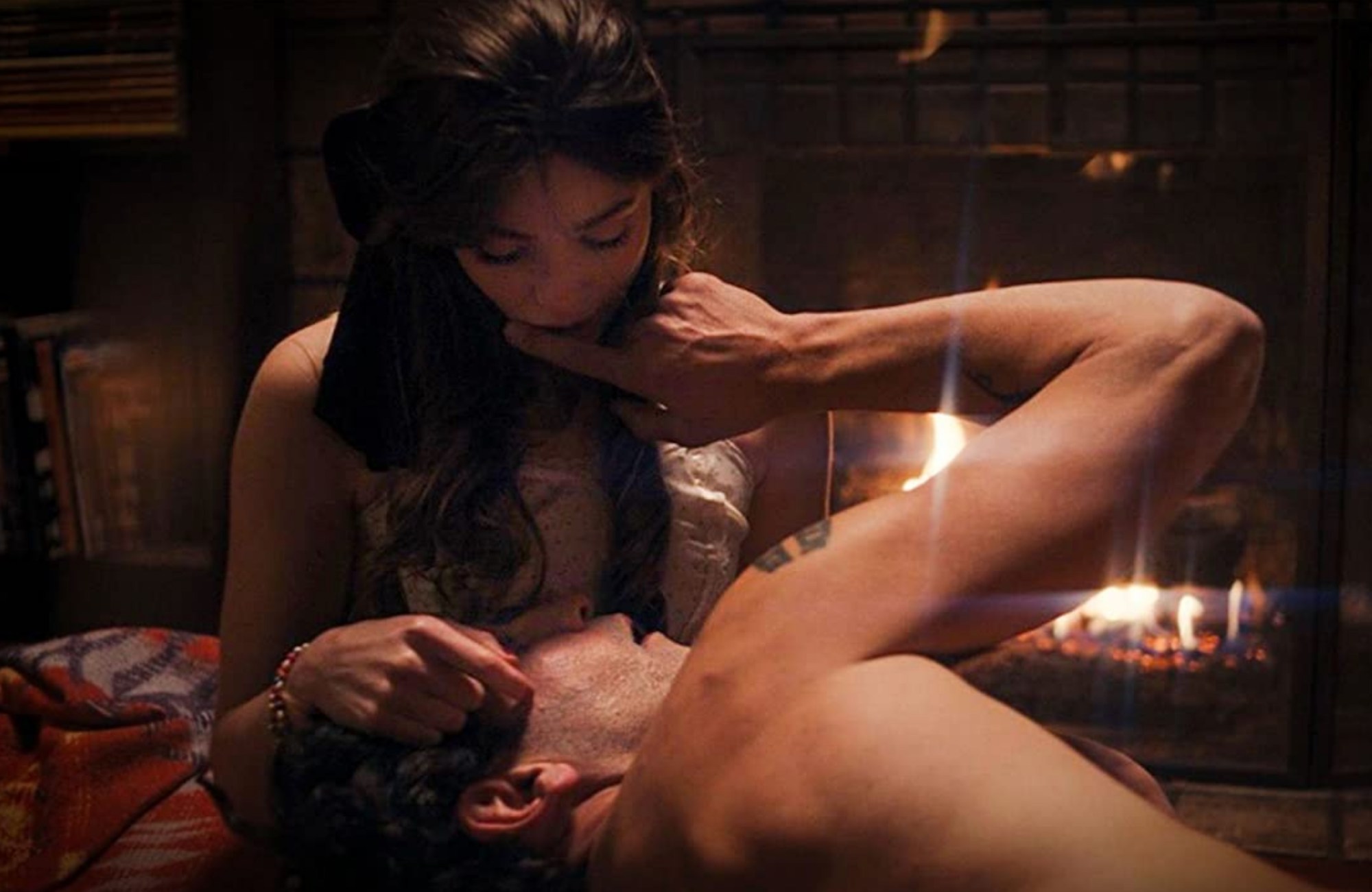
- Festivals
“Sharp Stick” – Lena Dunham Is Back Behind the Camera
In baseball terms, Lena Dunham is batting 1,000. The Oberlin graduate has directed two feature films and now, with the screening of Sharp Stick at Sundance 2022, the multi-hyphenate filmmaker has seen both her films showcase at the Park City-based independent film festival.
Although it has been eleven years since her last feature (Tiny Furniture 2011), Dunham has been busy with multiple other projects, including her critically-lauded Girls on HBO. But she is glad to be back in Park City.
“It’s an amazing thing to have my first feature in so long be here, be with this cast that I love so much, and feel so lucky to have collaborated with,” she said.
Sharp Stick centers on sensitive and naive 26-year-old Sarah Jo (Kristine Froseth) who lives in a Los Angeles apartment complex with her influencer sister (Taylour Paige) and her disillusioned mother (Jennifer Jason Leigh).
She is also a wonderful caregiver to Zach (Liam Michel Saux), a child with an intellectual disability. Eager to lose her virginity, Sarah Jo embarks on an exhilarating affair with Zach’s dense but affable father, Josh (Jon Bernthal).
In the wake of the doomed relationship, Sarah Jo deals with heartbreak by dedicating herself to unlocking every aspect of the sexual experience that she feels she’s missed out on for so long.
For Dunham, who also wrote the screenplay, the story was birthed during the pandemic, which gave her the opportunity to return to watching movies that had influenced her – such films as Belle De Jour, Barbara Loden’s Wanda and or anything created by Jenna Rollins.
“This script came out of a time period of getting to dive back into thinking about film that way. And then I had the gift of sharing that script with these people. Jon and Taylour are executive producers on the film, and these other three actors, Kristine, Luka (Sabbat), and Scott (Speedman) just brought so much specificity and originality and really built layers and layers upon what I had already done,” she said.
As with most of her work, Dunham pushes boundaries and uses some of her own life experiences in the storyline.
“I was asking a lot of questions at the time, watching the films about how we depict female sexuality on screen and how it’s often so inextricably linked to trauma.
“I was thinking about some of the trauma in my life, some of it being medical trauma, and what it would be like to have a character who had sort of been formed by this medical trauma and had really created this sort of naive and very specific worldview in her.
“And then what it’s like when she meets someone who sort of challenges that and cracks it open. And that character is Jon’s character, Josh.”
Though the film is not overtly autobiographical, the character of Sarah Jo does share characteristics that Dunham has gone through in her own life. It is that distress that the film slowly reveals. Froseth, a Norwegian actress and model, was totally in sync with Dunham.
“I think so much of who Sarah Jo is, comes from the relationships that she has, and what her upbringing was like with her sister and her mom. I think the trauma that she went through at such a young age really did form her. I mean, I think she put a lot of her identity in it,” said Froseth.
“I don’t think she ever really gave time to herself to maybe mourn the process or think about the process. I really think after the fact, she was just kind of an autopilot, and we meet her at a time where she’s really getting to know herself and has all these explorations for this first time because of this relationship that she has with Jon’s character.”
While Dunham has never shied away creatively from pushing buttons in terms of sexuality, Sharp Stick does not make its lead protagonist a victim and that manifests in the film’s ambiguous ending,
“It was really important to me that we leave Sarah Jo better than we found her. And that we understand that despite the thorniness of what she’s been through, she’s gained a certain strength,” says Dunham.
“I think something that a lot of people experience is not being able to express what they need in any aspect of their life, but sexually, there’s an extra amount of shame around it.
“She is also able to create another narrative for herself. That’s purely for her. And that’s what the ending represented. I was really comfortable with the idea that the ending might not make sense to everyone.”

